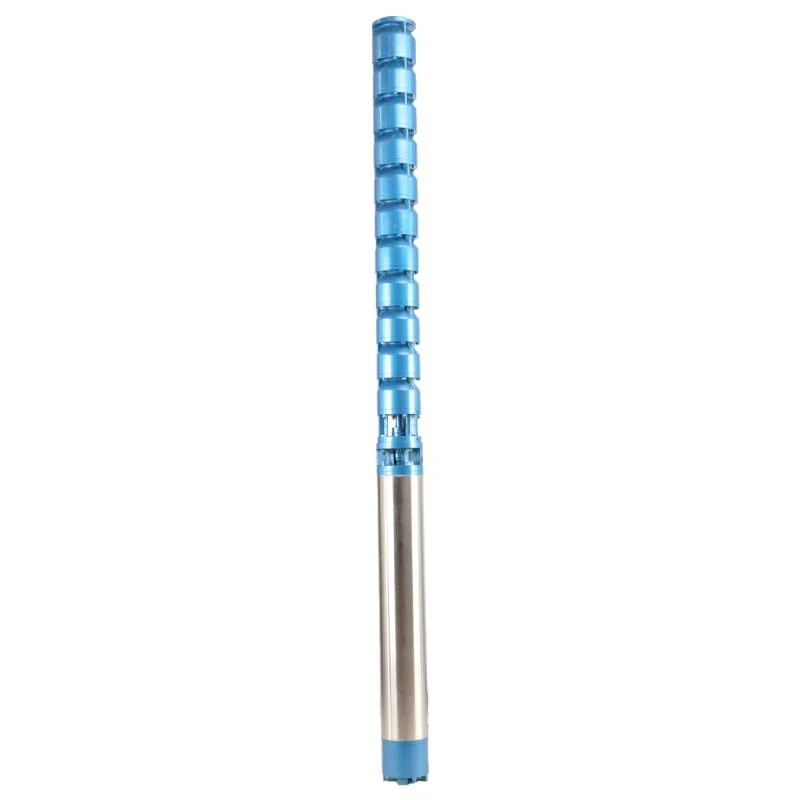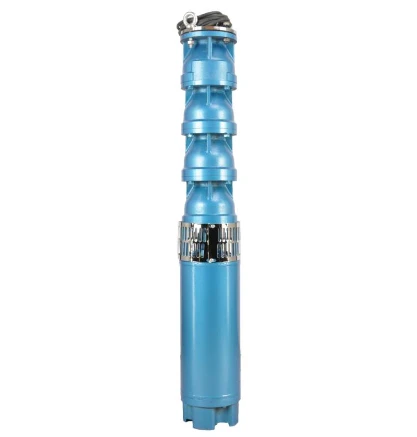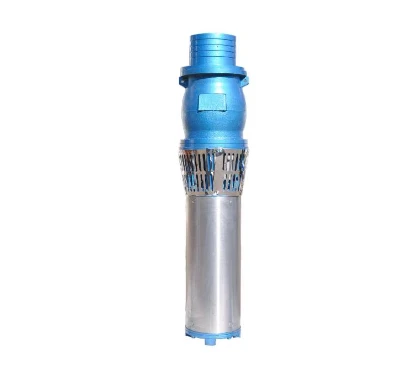dec . 04, 2024 09:45 Back to list
deep well bore pump
Deep Well Bore Pumps Essential Equipment for Water Extraction
Deep well bore pumps are specialized devices designed to extract groundwater from deep underground aquifers. These pumps play a crucial role in providing fresh water for various applications, including agriculture, industrial processes, and drinking water supply. Their design, operation, and efficiency are critical factors that influence the yield and sustainability of water resources.
Understanding Deep Well Bore Pumps
A deep well bore pump is typically installed in wells that reach depths of 100 feet or more. Unlike shallow well pumps, which are capable of lifting water from the surface to a pump installed above ground, deep well pumps are submerged at significant depths. These pumps come in various types, including submersible pumps and vertical turbine pumps, each suited for specific applications and installation scenarios.
Submersible pumps feature a hermetically sealed motor that is located below the water level. The pump is connected to the power supply at the surface, and it operates efficiently without needing to draw the water to the surface before pumping. Vertical turbine pumps, on the other hand, utilize an above-ground motor connected to a series of stages that push water through vertical shafts.
Key Components and Functionality
The main components of deep well bore pumps include the motor, impeller, pump casing, and discharge pipe
. The motor drives the impeller, which is responsible for converting mechanical energy into hydraulic energy, thereby lifting water from deep within the well.The efficiency of these pumps is measured by their ability to deliver water at a given flow rate and head (the height to which water can be pumped). Submersible pumps are known for their high efficiency and lower operational costs, making them a popular choice for deep well applications.
deep well bore pump

Applications of Deep Well Bore Pumps
Deep well bore pumps are used in a wide range of applications. In agriculture, they are critical for irrigation purposes, helping farmers access water from deep aquifers to sustain crops, especially in arid regions. In industrial settings, deep well pumps are vital for processes requiring large volumes of water, such as cooling systems or manufacturing operations.
Furthermore, these pumps are often employed in municipal water supply systems. In many urban areas, groundwater is a primary source of drinking water. Deep well pumps ensure a steady and reliable supply, especially in times of drought or low water availability.
Challenges and Considerations
While deep well bore pumps are indispensable, their installation and operation come with challenges. One primary concern is the depletion of groundwater resources. Over-extraction can lead to issues such as land subsidence and reduced water quality. Therefore, sustainable management practices must be implemented to ensure that groundwater levels are maintained.
Another challenge is the maintenance of pumps, which can be costly. Regular inspections and timely repairs are essential to keep the system operating efficiently and to prevent failures that could disrupt water supply.
Conclusion
Deep well bore pumps are critical components of water supply systems across various sectors. Their ability to extract groundwater from significant depths makes them invaluable, especially in areas facing water scarcity. As technology advances, the efficiency and sustainability of deep well pumps continue to improve, helping to ensure that communities have access to clean and reliable water resources. As we grapple with the challenges of water management in the face of climate change and population growth, deep well bore pumps will remain an essential part of the solution.
-
Submersible Well Pumps Buying Guide
NewsMay.14,2025
-
Submersible Sump, Dirty Water, Borehole Pumps Demystified
NewsMay.14,2025
-
Stainless Steel Submersible Pumps Superior Performance
NewsMay.14,2025
-
High Flow Submersible Well Pumps Essential Features
NewsMay.14,2025
-
Choosing the Best Stainless Well Pump
NewsMay.14,2025
-
A Comparison of Submersible Pumps Filled with Water and Oil
NewsMay.14,2025
-
 Submersible Well Pumps Buying GuideReliable access to clean water is fundamental for residential, agricultural, and commercial operations, making the selection of an appropriate well pump system one of the most important infrastructure decisions.Detail
Submersible Well Pumps Buying GuideReliable access to clean water is fundamental for residential, agricultural, and commercial operations, making the selection of an appropriate well pump system one of the most important infrastructure decisions.Detail -
 Submersible Sump, Dirty Water, Borehole Pumps DemystifiedThe world of water management has undergone a technological revolution, with advanced pumping systems now offering unprecedented efficiency and reliability across diverse applications.Detail
Submersible Sump, Dirty Water, Borehole Pumps DemystifiedThe world of water management has undergone a technological revolution, with advanced pumping systems now offering unprecedented efficiency and reliability across diverse applications.Detail -
 Stainless Steel Submersible Pumps Superior PerformanceModern water extraction and fluid handling systems demand equipment capable of withstanding harsh environments while maintaining peak efficiency.Detail
Stainless Steel Submersible Pumps Superior PerformanceModern water extraction and fluid handling systems demand equipment capable of withstanding harsh environments while maintaining peak efficiency.Detail
